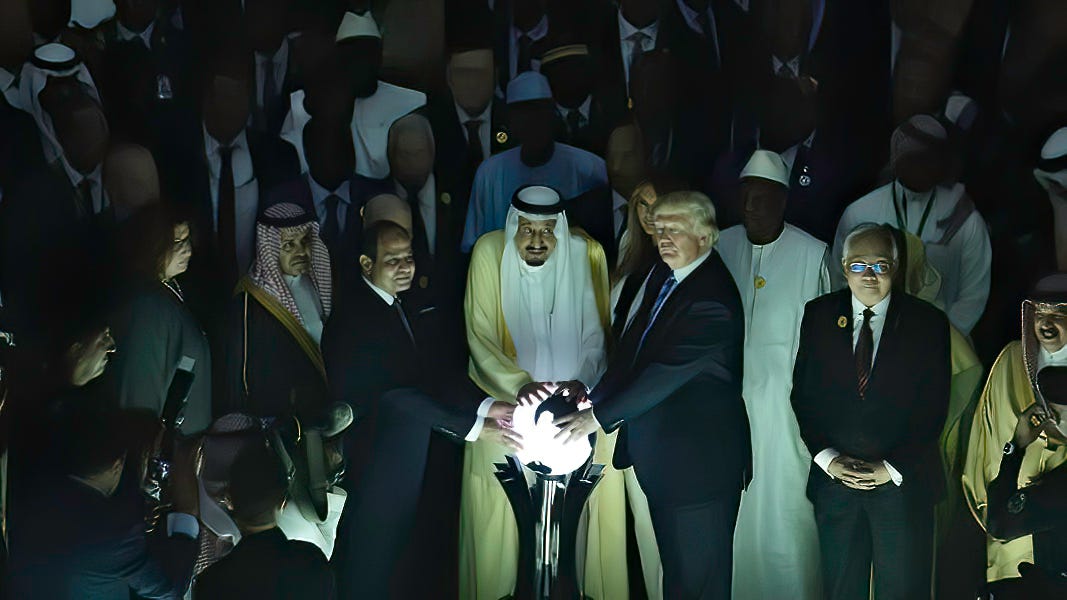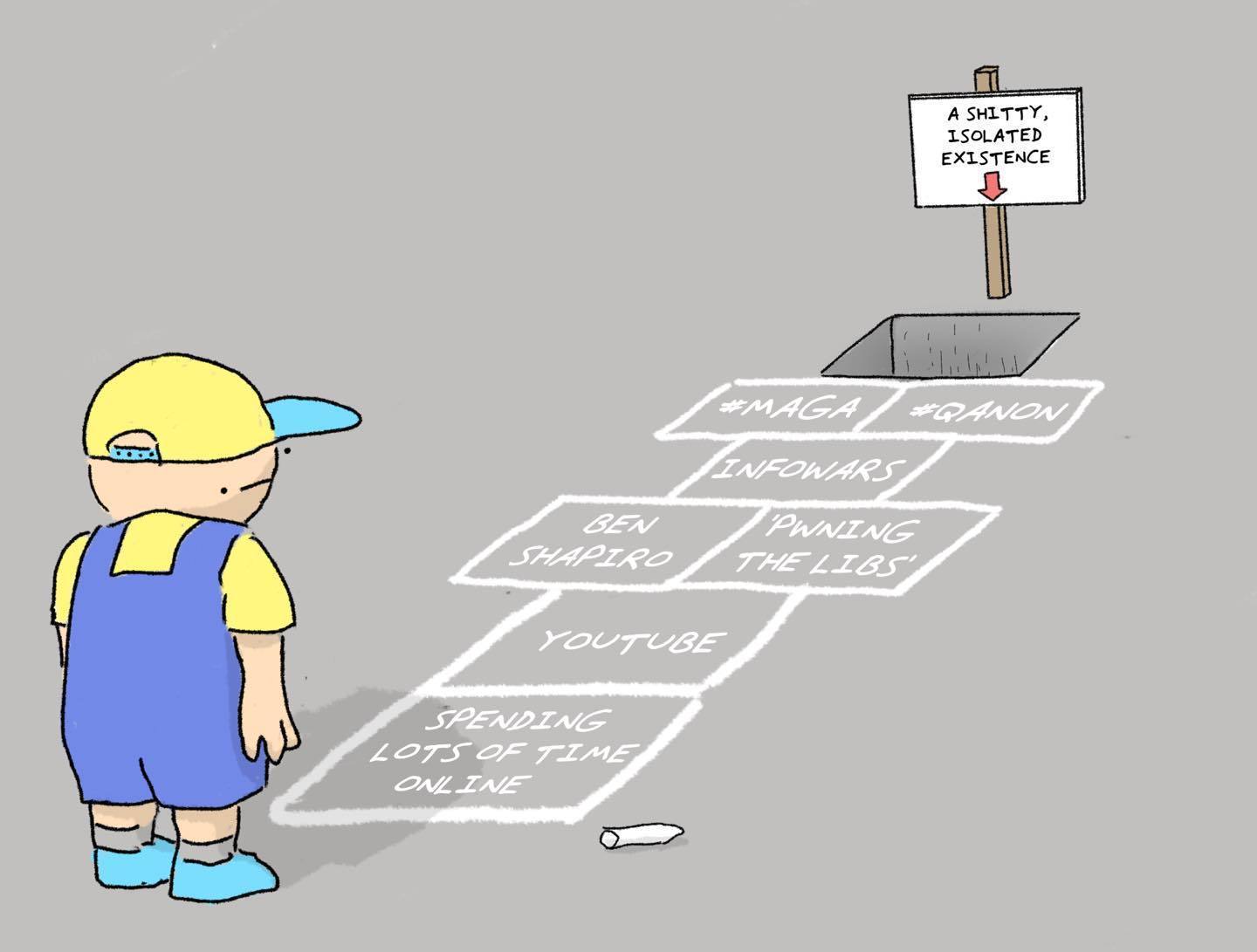Conspiracy theories and mythologies, and the grey areas in between them
lecture notes for Impakt.TV, 5-2021
We need to distinguish conspiracy theories from conspiracy mythologies. Conspiracy theories are speculations backed up by evidence and probability. Conspiracy mythologies are belief systems that construct an alternative reality. However, there is no binary distinction but many grey areas in between the two, as my four examples should demonstrate:
NSA Internet surveillance
The picture shows the poster of the 2009 Hollywood action movie The Echelon Conspiracy. "Echelon" was the name under which the telecommunications surveillance program of the NSA was known since the 1970s. Edward Snowden blew the whistle on the NSA's Internet surveillance four years after the film came out, in 2013.
Before 2013, the near-total surveillance of the Internet through the NSA and befriended agencies was a common conspiracy theory among hackers (such as members of Chaos Computer Club), media activists and artists (among others, heath bunting). Pre-Snowden, they were often dismissed as being paranoid.
Through Snowden, it became known that the reality of NSA/Five Eyes Internet surveillance was rather worse than in the pre-2013 conspiracy theories. This is a striking example for the fact that conspiracy theories should not be categorically dismissed and declared invalid on the sole grounds of being conspiracy theories (as Karl Popper and contemporary followers of his philosophy of critical rationalism do).
Abstract Expressionism
The conspiracy theory is: abstract expressionism was supported and financed by the CIA. This is true. Globally traveling exhibitions of American abstract expressionist painting were financed by the CIA in collaboration with private sponsors. The vehicle for this were the CIA front organizations Congress of Cultural Freedom and American Committee for Cultural Freedom. They also published intellectual journals in a whole variety of countries and languages. Abstract expressionism's main evangelist, the art critic Clement Greenberg, was an official member of the American Committee for Cultural Freedom as was the painter Jackson Pollock.
Abstract painting was used as an ideological weapon in the Cold War against Soviet communism and its doctrine of socialist realist arts, to promote the liberalism of the West.
There have been scholarly articles on the CIA's respective activities since the 1970s, but the first comprehensive research effort into the CIA financing of abstract expressionism was Frances Stonor Saunders' 1999 book The Cultural Cold War.
It should be noted that some of the former CIA front organizations were continued by the George Soros Foundation in Eastern Europe after 1990. This brings us to the contemporary conspiracy theories and myths about Soros that are being cultivated and spread by the extreme right, very often mixed with antisemitism.
This is a perfect example for the grey zone between fact and fiction in conspiracy narratives.
Back to proven facts: anyone who would have claimed in the 1950s and 1960s that abstract expressionism was co-financed by the CIA, or in the 1990s and 2000s that the Internet was under total NSA surveillance, would likely have been declared a conspiracy nut. Both are, however, true and factual conspiracies.
Let's look at two conspiracy narratives where fact and mythology are harder to differentiate:
Neoliberalism
"Neoliberalism" can be characterized as both a factual conspiracy and a left-wing conspiracy narrative.
Let me try to untangle this: Originally, neoliberalism was a term coined in the late 1930s by European liberal politicians and strategists after the economic crash of 1929 had brought classical liberalism into an existential crisis.
Unlike today's common understanding of the term, neoliberalism was actually the concept of state-regulated capitalism with social security systems, as opposed to laissez-faire capitalism. Neoliberalism, in this original meaning, also was the economic system of many continental European postwar democracies including Germany and the Netherlands.
There was a factual neoliberal conspiracy, since the main thinkers, politicians and proponents of economic, political and philosophical neoliberalism were, and still are, organized in the Mont Pèlerin Society which got its name from its first meeting on Mont Pèlerin in the Swiss Alps in 1947. The Mont Pèlerin Society included among others the inventor of the word "conspiracy theory", the liberal philosopher Karl Popper, the original coiners of neoliberalism including the German Alexander von Rüstow and the main thinkers of what is nowadays identified with deregulated, globalized capitalism: the economists Friedrich Hayek and Milton Friedman.
The problem, however, is that Hayek and Friedman initially didn't call themselves neoliberals while the original neoliberals - such as Rüstow and representatives of the German economic school of ordoliberalism - eventually left the Mont Pelerin society because they disagreed with the Hayek school.
Today's left-wing notion of "neoliberalism" as deregulated laissez-faire capitalism factually identifies Hayek's school with neoliberalism. Likely - and this is my own conspiracy theory - this historical misunderstanding comes from a misreading of Michel Foucault's late lectures on neoliberalism. In his lectures, Foucault had correctly, being the historian he was, referred to West German neoliberalism of the post-war period and its ordoliberal concept of "social market economy". Outside Europe, his analysis was related to the radical capitalist reforms fostered by Hayek's school first in Chile under the Pinochet regime, then in British Thatcherism and U.S. Reagonomics of the 1980s. Perhaps, this misreading is also due to the fact that "liberal" in America is generally being (mis)identified with "left-wing politics", so "neoliberal" was chosen to clarify the difference. Eventually, this (mis)understanding of neoliberalism was re-imported by political activists in Europe during the anti-globalization protests of the late 1990s and early 2000s.
Cultural Marxism
"Cultural Marxism" as it is being used today goes back to an US American extreme right, antisemitic conspiracy narrative, whose popular contemporary versions are perpetuated by among others Jordan Peterson and Thierry Baudet. It typically blames "Cultural Marxism" for corrupting cultural norms and traces its origins to the Frankfurt School while extending it to contemporary left-wing academic cultural theory, including feminism and postcolonialism. Often, such as in the case of Peterson, it lumps it together with postmodernism, such as in his term of "postmodern neomarxism".
The sometimes implicit, sometimes explicit antisemitism of the original "Cultural Marxism" narrative is related to the fact that the founders of the Frankfurt school were of Jewish origin and went into U.S. American exile during the Third Reich. Blaming the Frankfurt School for "Cultural Marxism" seems to be a particularly American misreading, grounded on the fact that the Frankfurt School called its sociological research "critical theory". In continental Europe, "critical theory" is understood as referring only to the Frankfurt School, while in Anglo-Saxon countries, "critical theory" has become an umbrella term for poststructuralism, cultural studies, feminist studies, postcolonial studies - many or most of which do not refer to the Frankfurt School at all, or only to very minor degrees.
But even more hilariously, the contemporary right-wing rejection of poststructuralism has actually been shared by the Frankfurt School. Its late representative Jürgen Habermas accused the French poststructuralist philosophers Foucault and Derrida of being "neoconservatives" as early as in the 1980s. One could go even farther and rightfully claim that the contemporary political right and the Frankfurt School have more common ground than both would acknowledge, since they share such ideas and tropes as cultural pessimism, rejection of mass and popular culture, critique of alienation and destruction of values in contemporary capitalism. Adorno even appreciated the right-wing thinker Oswald Spengler, sharing his cultural pessimism and occidentalism. Adorno's rejection of black American music, and the language in which he did that, could perfectly resonate with today's white suprematists.
However, there is a kernel of truth in the conspiracy narrative of Cultural Marxism for several reasons:
(1) the Frankfurt School's Marxist sociology focused on culture rather than economy, so it might be called a culturalist school of Marxism;
(2) aside from the Frankfurt School, there actually has been "Cultural Marxism" as a proper school or movement, but just not where today's right-wing conspiracy mythologists think it is: namely in British post-war Marxist cultural studies, of (among others) Raymond Williams and Stuart Hall, and its 1980s follow-up in a school that called itself Cultural Materialism ("materialism" in the sense of Marxist dialectical materialism). But likely, this (literal) school of Cultural Marxism is too little known outside the academic humanities to serve as a scapegoat and grand conspiracy narrative.
(3) lastly, one could argue that the Italian Marxism of Antonio Gramsci and his successors was a "cultural" Marxism since it abandoned the revolution paradigm in favor of obtaining discursive hegemony in society. Gramsci, however, is another unfit scapegoat for today's extreme right, since the so-called "Nouvelle Droite" of Alain de Benoist and Guillaume Faye, its equivalents in the European New Right (such as Armin Mohler and Götz Kubitschek in Germany), and its American equivalent, the "Alt-Right" (of Richard Spencer, Jared Taylor and others), actually adopted Gramsci's hegemony strategy for themselves and could therefore be said to be cultural fascists who use neo-Marxist - respectively: "cultural Marxist" - tactics.
#conspiracies #conspiracy #conspiracytheories

















